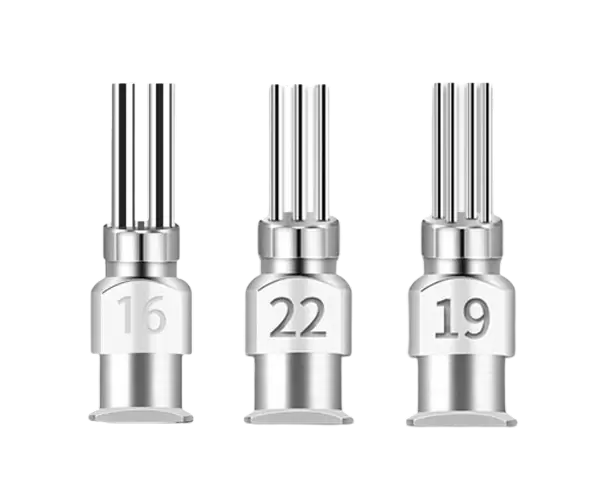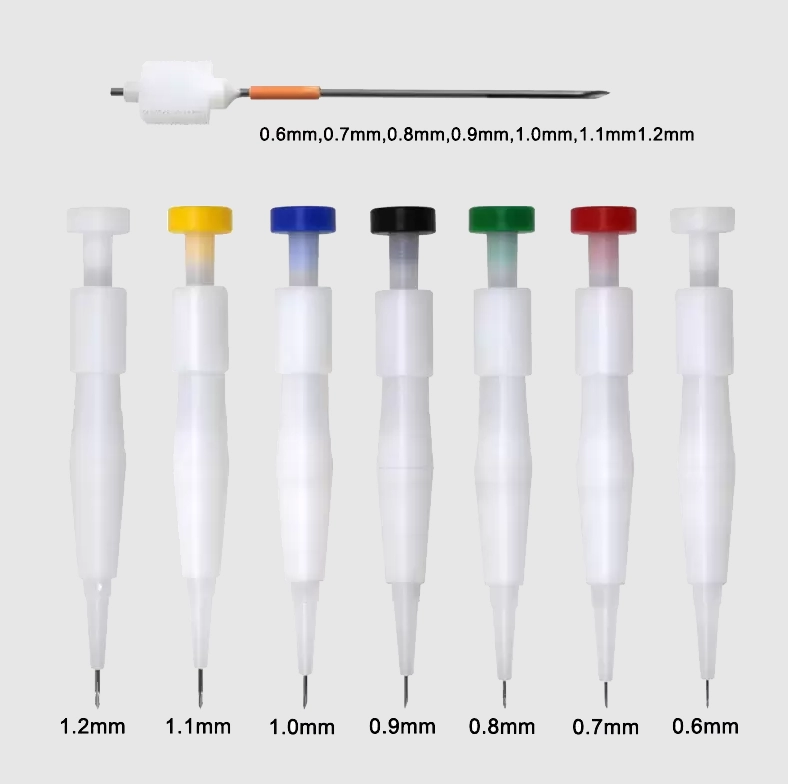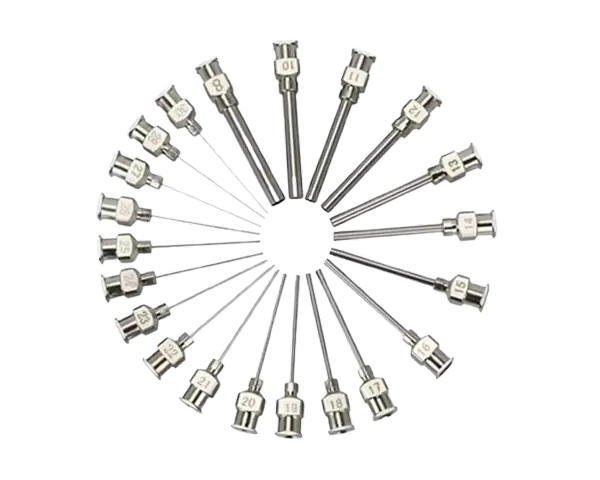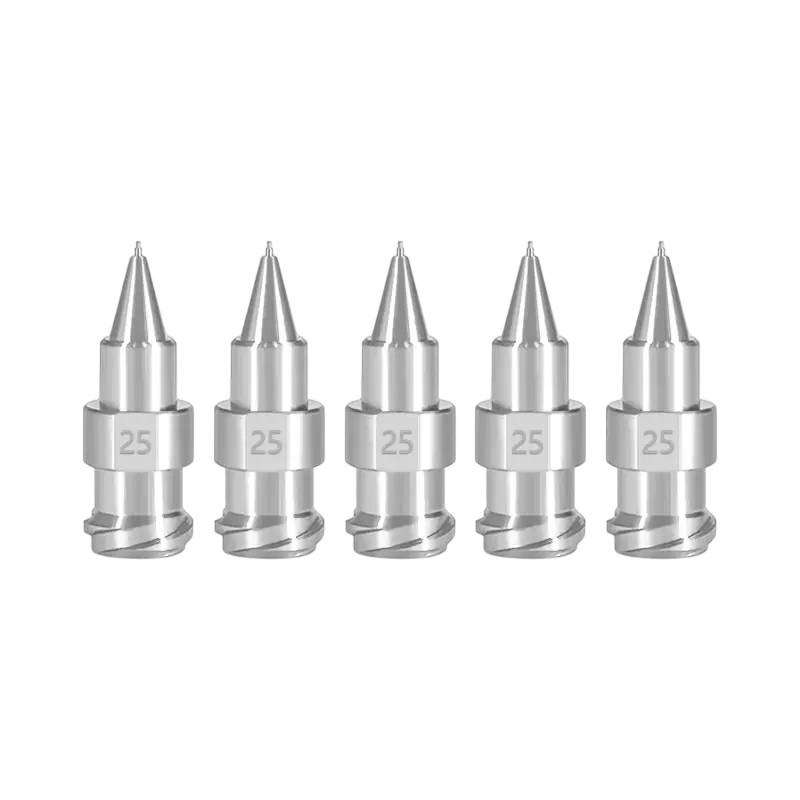Home > News > Industry News > How Contriu’s Bulk Integrated Double-Thread Dispensing Needle Redefines Fluid Control in Manufacturing
How Contriu’s Bulk Integrated Double-Thread Dispensing Needle Redefines Fluid Control in Manufacturing
In high-precision manufacturing and electronic assembly, even the smallest component can determine the quality and reliability of the final product. Among these critical elements, the bulk integrated double-thread dispensing needle has emerged as a breakthrough innovation — enabling more stable, accurate, and contamination-free fluid dispensing.
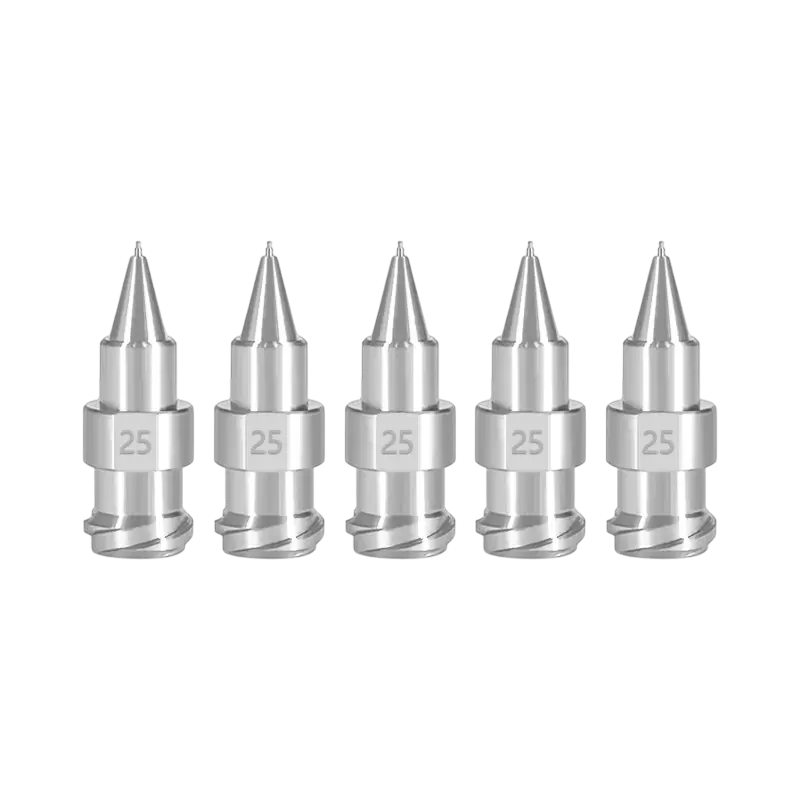
From adhesives and coatings to flux and lubricants, controlled dispensing is essential in industries like electronics, medical device production, and automotive manufacturing. Contriu, a trusted name in precision engineering and dispensing systems, has developed an advanced line of bulk integrated double-thread dispensing needles designed to meet the rigorous performance and consistency standards of modern industrial applications.
What Is a Bulk Integrated Double-Thread Dispensing Needle
A bulk integrated double-thread dispensing needle is a specialized component engineered to deliver precise volumes of liquid or semi-viscous materials through automated or manual dispensing systems. Unlike conventional single-thread needles that may suffer from uneven flow or leakage, the double-thread design ensures enhanced mechanical stability and consistent fluid control.
The “integrated” structure means the needle and connector are fused into a single body — eliminating weak points that often lead to air entrapment or leakage during dispensing. The result is a durable, high-performance needle capable of maintaining superior accuracy and cleanliness even under high-volume, continuous-use conditions.
The Double-Thread Advantage: Engineering Precision Beyond the Surface
Contriu’s bulk integrated double-thread dispensing needles are more than just dispensing tips — they represent a complete engineering solution for optimizing flow dynamics and process stability.
1. Dual-Thread Locking Mechanism for Maximum Seal Integrity
The double-thread structure enhances connection security between the needle and dispensing hub, ensuring no micro-gaps exist where pressure fluctuations could cause dripping or backflow. This feature is especially valuable for high-speed, automated dispensing lines where reliability is non-negotiable.
2. Streamlined Flow Path for Uniform Dispensing
Precision internal channel geometry minimizes turbulence, allowing for a consistent flow rate across multiple cycles. This results in repeatable dot sizes and uniform line formation — critical for solder paste, UV adhesives, and conformal coating applications.
3. Integrated Design for Leak-Proof Performance
Unlike traditional screw-on needles that can loosen or introduce contamination during replacement, Contriu’s integrated design ensures a single-piece construction that prevents disconnection or leakage, even during prolonged use.
4. Enhanced Chemical Compatibility and Cleanliness
Manufactured from corrosion-resistant stainless steel or chemically inert polypropylene, depending on application needs, these needles maintain stability when used with reactive adhesives, solvents, or medical-grade materials.
Industrial Applications: Precision Across Every Sector
The bulk integrated double-thread dispensing needle has become an essential component across multiple industries, where precision, reliability, and cleanliness define success:
Electronics Manufacturing: For applying solder paste, flux, or encapsulants with micron-level accuracy on circuit boards.
Automotive Assembly: Ideal for applying adhesives and lubricants in automated robotic systems that require uniform deposition.
Medical Device Production: Used in cleanroom environments to dispense biocompatible materials with zero contamination risk.
Aerospace and Optoelectronics: Ensures accurate dispensing of UV-cured adhesives, sealants, and other critical bonding materials.
At Contriu, each needle is designed to maintain stable performance across temperature fluctuations, viscosity changes, and continuous operating cycles — meeting manufacturing standards for global deployment.
Conclusion: Precision, Stability, and Trust in Every Drop
The bulk integrated double-thread dispensing needle represents more than just an incremental improvement — it’s a leap forward in fluid dispensing reliability. Through its advanced double-thread seal, integrated leak-proof design, and chemical resistance, it ensures optimal performance in even the most demanding manufacturing environments.
With continuous innovation and a commitment to engineering excellence, Contriu delivers precision tools that help industries achieve higher productivity, tighter tolerances, and cleaner results — one droplet at a time.

